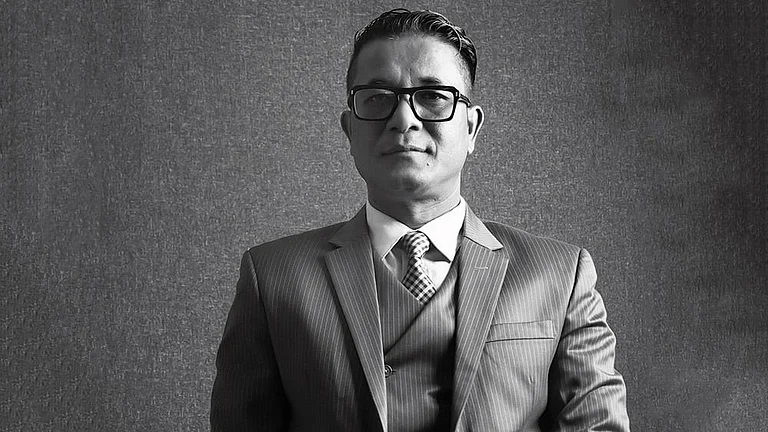
Cook County chief judge halts ICE civil arrests at courthouses to protect court access.
DHS defends courthouse arrests as lawful while Illinois leaders vow state action.
Chicago community groups mobilise against federal immigration operations.
Cook County’s chief judge has barred U.S. Immigration and Customs Enforcement (ICE) from making civil arrests at county courthouses, citing the need to ensure access to justice as federal immigration enforcement intensifies in the Chicago area.
According to Associated Press (AP), Chief Judge Timothy Evans signed the order on Tuesday night, effective Wednesday. It prohibits the civil arrest of any “party, witness, or potential witness” attending court proceedings, including arrests inside courthouses, in parking areas and on adjoining sidewalks or entryways.
“The fair administration of justice requires that courts remain open and accessible, and that litigants and witnesses may appear without fear of civil arrest,” the order stated. Evans said justice “depends on every individual’s ability to appear in court without fear or obstruction.”
The order follows weeks of federal immigration activity outside Cook County courthouses, where agents have been making arrests that have drawn protesters. Local immigration and legal advocates, including the county’s public defender’s office, said the practice has deterred people from attending court.
“I have had numerous conversations with clients who are presented with a difficult decision of either missing court and receiving an arrest warrant or coming to court and risk being arrested by ICE,” said Cruz Rodriguez, an assistant public defender in the office’s immigration division. The office confirmed at least a dozen immigration arrests at or near county courthouses since late July.
Domestic violence advocacy groups also urged action after a woman was reportedly detained by ICE last month while entering a domestic violence courthouse. The MacArthur Justice Center’s Illinois office filed the petition that led to the order.
Alexa Van Brunt, the centre’s director, said she was “gratified” by Evans’ decision. “This is a necessary and overdue action to ensure that the people of Cook County can access the courts without fear,” she said, according to AP.
The U.S. Department of Homeland Security defended courthouse arrests, describing them as “common sense.” “We aren’t some medieval kingdom; there are no legal sanctuaries where you can hide and avoid the consequences for breaking the law,” the department said in a statement. “Nothing in the constitution prohibits arresting a lawbreaker where you find them.”
Courthouse detentions have been reported in several states and have drawn criticism from judicial officials and legal organisations. Some states have filed lawsuits or passed laws to restrict the practice. In June, President Donald Trump’s administration sued New York State over a 2020 law barring federal immigration agents from making arrests at state and municipal courthouses.
At the Illinois State Capitol in Springfield, House Speaker Emanuel “Chris” Welch condemned the federal immigration crackdown and said Democrats would adopt resolutions denouncing the action. “We won’t sit back and let our democracy be taken from us,” Welch said, surrounded by members of his caucus, AP reported.
He said discussions were under way about legislation to restrict federal patrols around courthouses. “If we can do something similar statewide, I’d love to get that done, because what’s happening with these ICE agents and courthouses and territories around courthouses is unacceptable,” he said. “People are afraid to go to court. They’re afraid to comply with subpoenas. We can’t allow that. These should be safe spaces.”
Governor JB Pritzker also criticised federal agents’ actions, suggesting they may have breached a recent court ruling prohibiting the use of tear gas, pepper spray and similar weapons on journalists and peaceful protesters. “ICE is causing this mayhem,” Pritzker said. “They’re the ones throwing tear gas when people are peacefully protesting.”
He also condemned Border Patrol agents for deploying tear gas against protesters who gathered after a high-speed chase on Chicago’s South Side.
Meanwhile, community groups have intensified efforts to monitor ICE activity across the city. Hundreds of residents attended “Whistlemania” events on Tuesday, assembling “whistle kits” containing whistles, “Know Your Rights” leaflets and instructions for alerting neighbours when immigration agents are nearby.
Several online fundraising campaigns have been launched to cover legal costs for detained community members, including a landscaper and father of three recently taken into custody.
AP reported that Evans’ order reflects a growing local and state response to federal immigration tactics, as officials and advocates seek to ensure courthouses remain places of justice rather than fear.
(With inputs from AP)


























